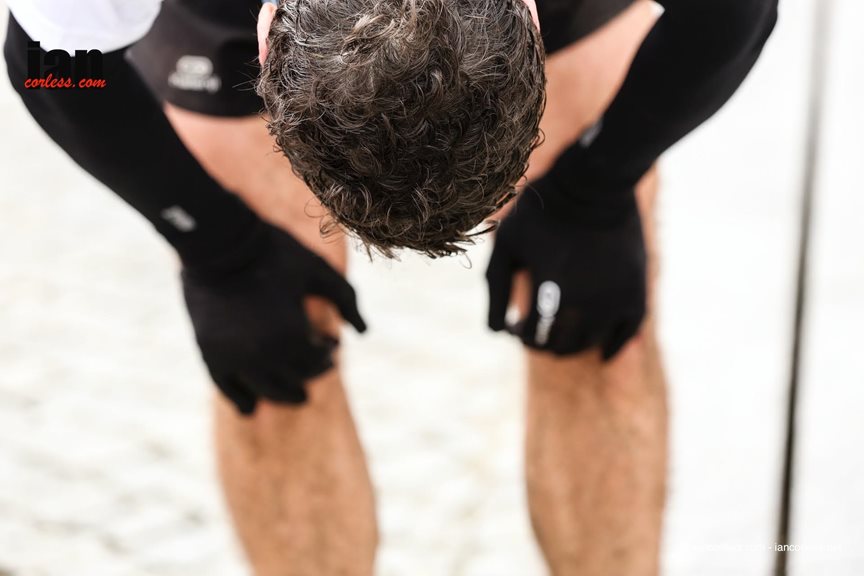Last updated: 09-Aug-20
As runners, for every well-worn and cherished finisher’s t-shirt, your go-to for long training runs or hikes in the years since that memorable Sunday, there’s a cupboard-full of ill-fitting, polycotton race tops, freebies that have barely seen the light of day, destined for landfill.
For race organisers, the default is to offer a finisher’s t-shirt, often with a race to the bottom on quality and price. Race t-shirts, in particular those of low quality, are fast fashion at its most detrimental. Producing a single cotton t-shirt uses up the same amount of water a human would drink over 2.5 years, and creates 2kg of ECO2. Wicking tops are even worse. On top of this, the cheaper the t-shirt, the higher the probability of exploitation in the supply chain.
When scaled across the UK race scene, with thousands of races offering finisher’s t-shirts, the carbon and environmental footprint is staggering, and when these t-shirts are rarely used (just ask the team at ReRun about the boxes and boxes they receive), it’s all for nothing.
In February 2020, ultrarunner Jim Mann and Jade Read founded Trees not Tees to give race organisers and participants the chance to break away from the norm and offer a sustainable alternative, planting trees.
As owners of 430 acres of land in Dalry, Scotland, Trees not Tees works with a growing number of races organisers and partners, including Centurion Running, The Brighton Marathon Weekend, Loch Ness Marathon and SI Entries, to allow runners who won’t want a t-shirt to choose to plant a tree instead. Trees not Tees then plant and maintain the trees following a planting plan approved by Scottish Natural Heritage made up of native species such as oak, birch and alder. They never plant monoculture, and always plant the right species in the right place.
For race organisers there is no additional cost, they simply add a ‘tree not tee’ option in registration and commit to Trees not Tees the unit price they would have paid for the t-shirt by the number of participants who choose the tree option. For races where t-shirts are given at the end, organisers include a ‘tree’ logo on the race number to tell who should receive a t-shirt.
Each participant then receives an e-certificate from Trees not Tees with a photo of their tree, the tree type and what3words geolocation, so they can even pay it a visit!
With race entries for 2021 now opening up, entry figures are showing a positive uptake of Trees not Tees, with up to 40% of participants choosing the ‘tree’ option. If this number was scaled across UK races, it would facilitate the planting of tens of thousands of trees each year. These new forests are really important in the fight against climate change, as trees are currently one of the best technologies for removing CO2 from the air.
Simultaneously, by reducing the demand for race t-shirts, we would help achieve wide scale reductions in the environmentally damaging fast fashion of mass participation events.
The demand is there from participants, we just need even more race organisers to make the right choice by adding Trees not Tees to their registration.
For more information visit the Trees Not Tees Website, Instagram, Twitter, Facebook




